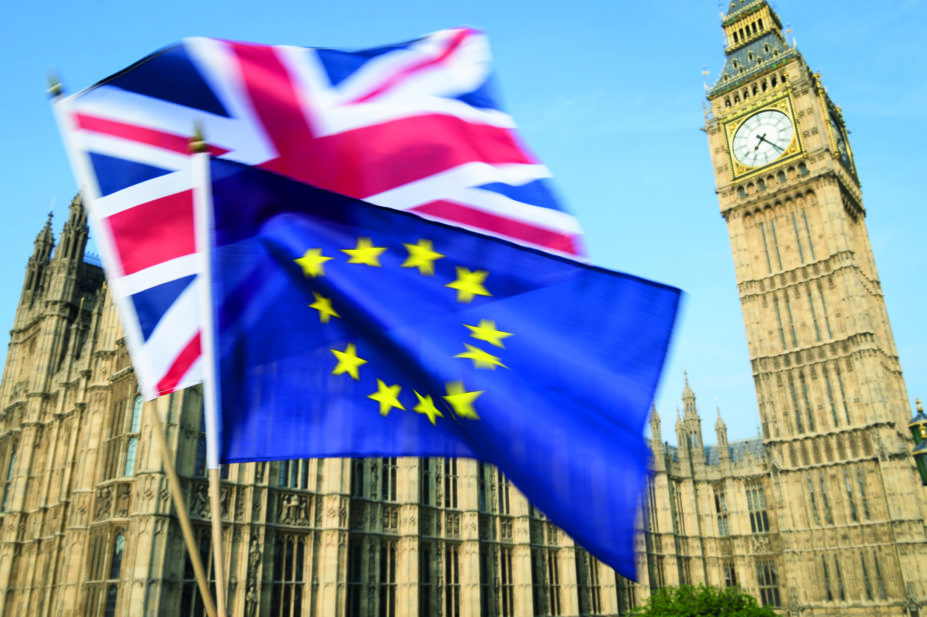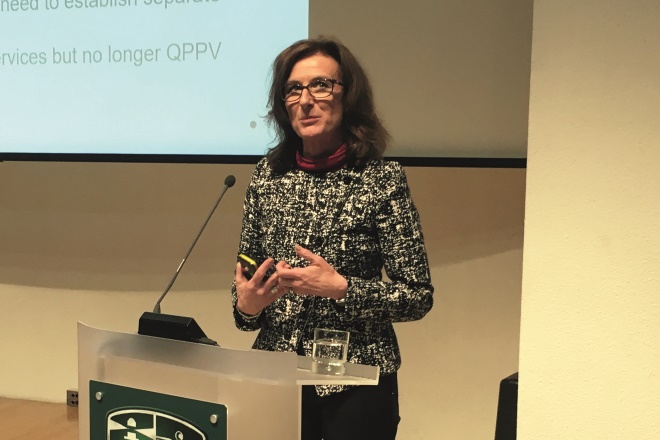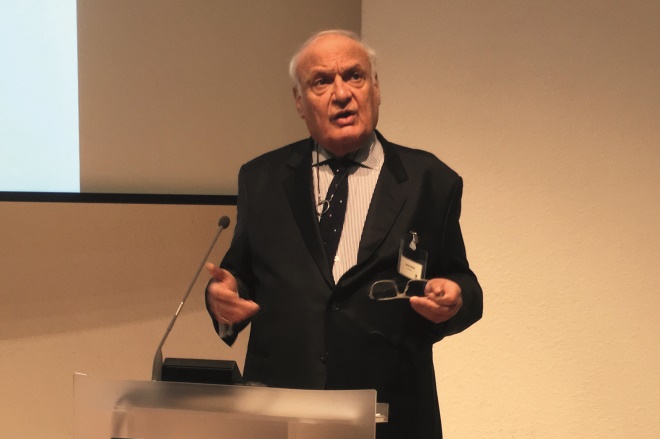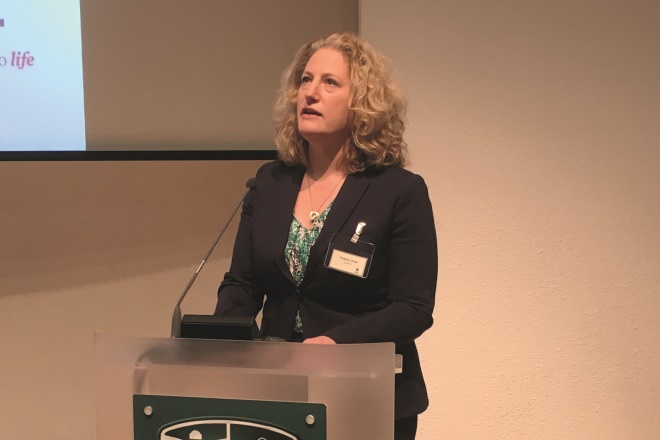
Shutterstock.com
In March 2017, British prime minister Theresa May signalled the UK’s intention to leave the European Union (EU) and started the countdown on a two-year challenge to bag the best deal on Brexit. No one is sure how the UK will finalise its divorce from the EU, and what will happen when time is up. The pair are inextricably intertwined on several fronts, including the pharmaceutical industry, drug safety and law, and, on 26 April 2017, professionals from across these areas met for the first time to discuss the shape of UK pharmacovigilance (PV). The meeting, organised by the Drug Safety Research Unit (DSRU), raised many questions, but gave few answers.
What will happen once the European Medicines Agency moves outside of the UK?
Central staff have already left the European Medicines Agency (EMA) – the body that evaluates medicinal products for use in Europe – and 50% of its 850 staff could end up leaving, depending on the new location, according to Thomas Lönngren, former executive director of the EMA (now strategic adviser at NDA, a European regulatory affairs consultancy). He explained that 20% of the EMA’s resources comes from the UK: “When I think about how the EMA should be run without the expertise of the UK, I get a little afraid… will it work?”
Lönngren said that he believes the EMA will survive long term, but he thinks the temporary disruption from Brexit will have a negative impact on public health, safety, and the efficacy and quality of medicines in the UK.

Thomas Lönngren, former executive director of the EMA (now strategic adviser at NDA) said that he believes the EMA will survive long term, but he thinks the temporary disruption from Brexit will have a negative impact on public health.
Virginia Acha, senior lead for the Association of the British Pharmaceutical Industry’s (ABPI) work on Brexit, said that the post-Brexit location of the EMA was not a worry for her, but she asked: “How do you move an organisation and not have slowing down of procedures… moving house is the fourth most stressful thing in your life! How are we going to make sure that we don’t have a major slowdown in procedures?”
Will the UK be able to hold onto the best talent?
Saad Shakir, director of the DSRU, the UK’s leading PV unit, said that it would be “irresponsible” to allow the reservoir of UK talent to disperse after Brexit.
Acha explained that people feature as one of the ABPI’s top priorities during the programme of transition towards Brexit. To maintain the UK’s position as the third-largest biotechnology cluster, it needs to continue to access the best talent, and hold on to it.
Vicki Edwards, a Qualified Person responsible for PV (QPPV), said that the majority of EU QPPVs are based in the UK. Brexit brings an uncertain future for QPPVs and potentially one of three options: remain a QPPV and relocate to another country in the EU; accept an alternative UK-based position within a marketing authorisation holder (MAH); or accept redundancy (perhaps an option for early retirement for some). The short-term impact, according to Edwards, will be significant and there may be a huge loss of expertise if individuals decide to relocate or move to different roles.

Brexit brings an uncertain future for Qualified Persons responsible for Pharmacovigilance (QPPV) explained Vicki Edwards, a QPPV for Abbvie.
Will PV remain aligned across the UK and EU?
The DSRU’s main concern is that, after Brexit, PV conducted in the UK may not be accepted in the EU, meaning that it will need to be duplicated elsewhere in Europe. Pharmaceutical companies will not be obliged to carry out PV in the UK and may not ask UK PV providers to carry out these studies.
The Medicines and Healthcare products Regulatory Agency (MHRA) assesses more drug applications for the EMA than any other national competent authority, and the UK is home to several important databases used in PV. Once the UK leaves the EU, it may have to resort to reporting adverse drug reactions on systems such as VigiBase, established in Sweden, which was described during a panel discussion as “scientifically inferior” to those that are currently used by the UK.
Shakir reported that, Ian Hudson, chief executive of the MHRA, said that there have been talks between the heads of agencies about outsourcing some of the regulatory work to the UK, but there is no more information about what that might look like.

Saad Shakir, director of the Drug Safety Research Unit. The DSRU’s main concern is that, after Brexit, PV conducted in the UK may not be accepted in the EU.
The panel said that practical collaboration between the MHRA and EMA will hopefully continue and inspections will be mutually recognised.
Will it take longer for the UK to get access to medicines?
PV has developed considerably since the European Medicines Agency (EMA) first opened in London in 1995, and encourages collaboration and provides a huge benefit to public health.
After Brexit, the UK becomes a “third country” and it will not be able to enjoy the same rights and obligations as it did as an EU member. New medicines will have separate approvals in Europe and the UK.
If licensing becomes considerably different or more expensive, the UK won’t be in the first wave of clients for new drugs and there will be a delay. “A lot of questions will get asked that today don’t get asked because we’re part of a European system,” says Acha. “It should be a European citizen’s right to make sure that after Brexit we’re not worse off.”

‘It should be a European citizen’s right to make sure that after Brexit we’re not worse off,’ said Virginia Acha, senior lead for the Association of the British Pharmaceutical Industry’s (ABPI) work on Brexit.
Waiting game
Despite the many questions that were left unanswered at the DSRU’s meeting, the experts agreed on two things. First, the effects of Brexit will be most painful in the short to mid term, but the EU and UK will survive in the long term; and second, we will have to wait for the big picture to come together to find out what’s going to happen, and that can’t happen until we know the outcome of the general election on 8 June 2017.
You may also be interested in
The importance of diverse clinical imagery within health education

Entrustable professional activities: a new approach to supervising trainee pharmacists on clinical placements
